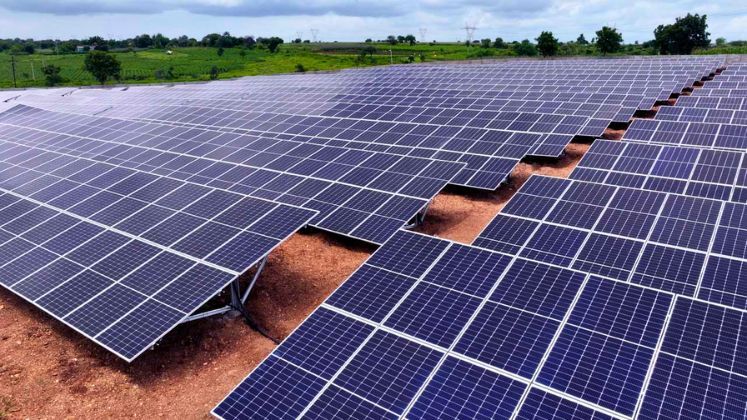
The Bangladesh Sustainable and Renewable Energy Association (BSREA) has urged the interim government to revisit its recent decision to cancel 31 letters of intent (LOIs) signed with potential investors for solar power projects, warning that such moves could aggravate the country’s growing energy dependency crisis.
The LOIs, which outline preliminary agreements between stakeholders, were issued during the previous administration to facilitate the development of renewable energy infrastructure without a formal tender process. However, the current government revoked these documents, citing procedural concerns. The association and other think tanks, including the Centre for Policy Dialogue (CPD), have called for a review, emphasizing the importance of maintaining investor confidence in the renewable sector.
Mostafa Al Mahmud, president of BSREA, highlighted that approximately US $ 300 million has already been invested in these canceled projects. “The abrupt cancellation may sow distrust among foreign investors, hampering Bangladesh’s efforts to diversify its energy mix,” he said during a press conference at Dhaka Reporters’ Unity.
The move comes at a critical time when Bangladesh’s energy landscape is under increasing pressure due to declining domestic gas production. The country has become increasingly reliant on energy imports, straining foreign currency reserves and raising concerns about energy security, issues that are especially pertinent for the readymade garment (RMG) industry, which accounts for a significant portion of the nation’s exports and depends heavily on stable, affordable power.
While recent tenders for 55 new solar projects attracted limited foreign interest, some attracting only single bids or none at all, the association advocates for a clearer and more investor-friendly approach. They also criticized the government’s decision to cancel provisions under “implementation agreements” that allowed refunds for investments in canceled projects, stressing that such policies are vital for attracting long-term renewable investments.
BSREA lauded the government’s efforts to update the renewable energy policy and called for a detailed roadmap to achieve the national renewable energy targets. The High Court’s directive to install rooftop solar systems on all buildings remains a positive step, but the association urges the government to provide specific guidelines on engineering, procurement, construction, and financing to accelerate adoption.
In addition, the association emphasized that increasing renewable energy capacity is a national imperative, especially given Bangladesh’s rising dependence on imported energy sources. They called for tax benefits across the entire solar supply chain, particularly on mounting structures, DC cables, batteries, and other essential components, and demanded the immediate withdrawal of a 7.5% trade VAT on solar equipment.
Furthermore, BSREA urged the government to implement net metering guidelines, promote rooftop solar installations across urban residential buildings, establish a robust monitoring framework, and ensure policy consistency to bolster energy independence. Such measures are seen as crucial for reducing reliance on imports, stabilizing energy prices, and securing the future of Bangladesh’s vital industries like the RMG sector, which faces the risks of power shortages and rising production costs amid the country’s energy transition.
As Bangladesh grapples with the twin challenges of energy security and economic stability, experts warn that delays in renewable energy development could have long-term repercussions for both industrial growth and national resilience. The association’s calls for policy continuity and investor confidence reflect an urgent need to accelerate renewable initiatives and reduce dependence on imported fuels.






